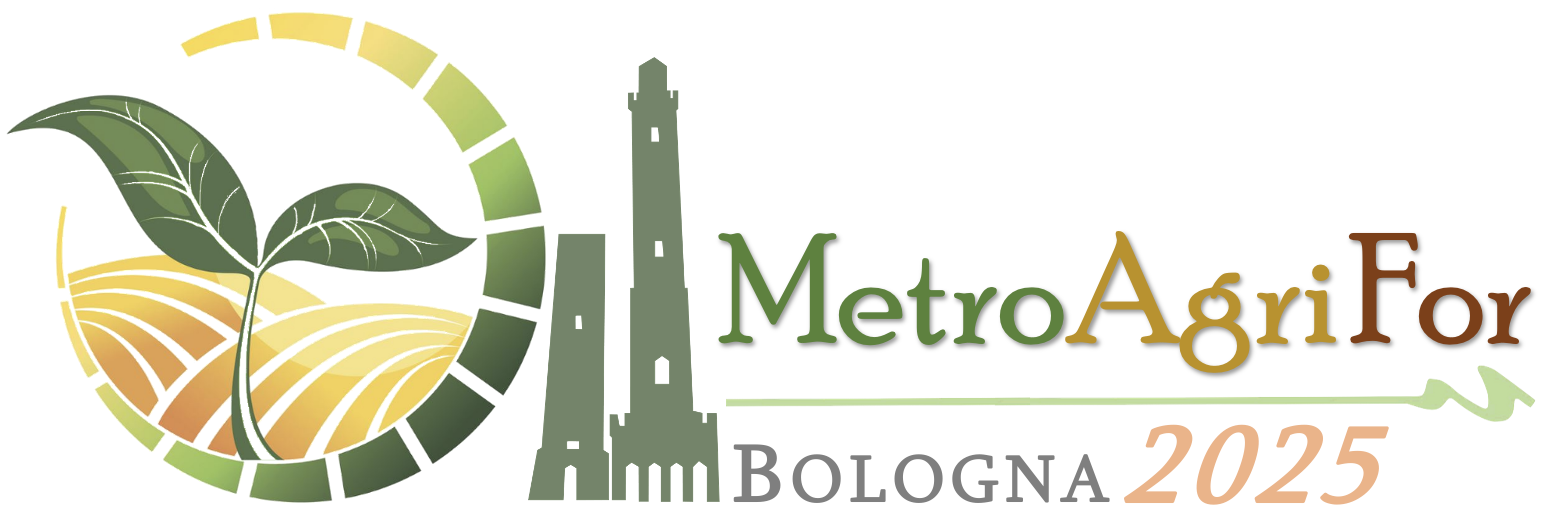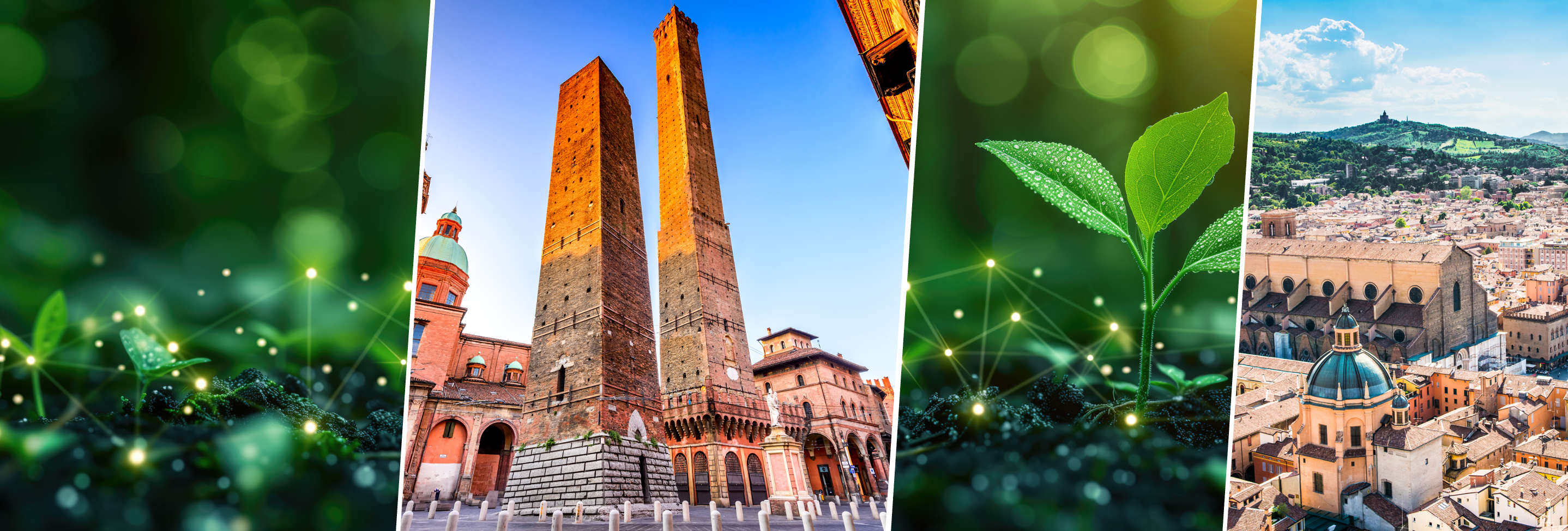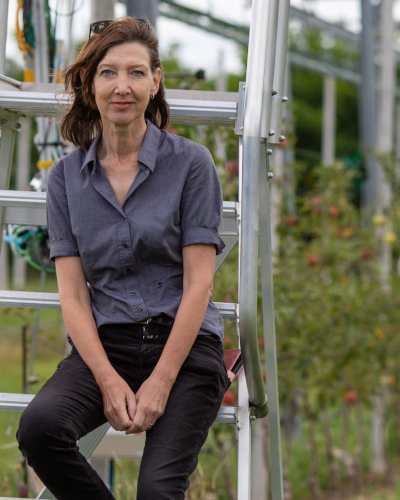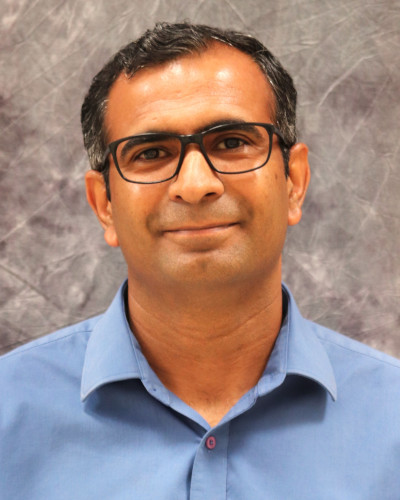SPECIAL SESSION #11
Precision Horticulture Technologies
ORGANIZED BY
Manuela Zude-Sasse
Leibniz Institute for Agricultural Engineering and Bioeconomy, Germany
Lav Khot
Washington State University, USA
Luigi Manfrini
University of Bologna, Italy
ABSTRACT
This session highlights the latest advancements in sensor technologies, integrated smart sensing systems, and their applications in data-driven fruit and vegetable production, as well as postharvest management. Presentations showcasing innovative technologies, methodologies, and field environment validations are particularly encouraged in this session.
Special emphasis is placed on advancing and integrating both new and existing sensor technologies, e.g. in an Ag-CyberPhysical system or semi-/fully autonomous movable systems. The session will also widely cover sensor calibration methodologies, uni- and multivariate data analysis, machine learning and AI-driven modeling, with a particular focus on enhancing on-farm decision support.
TOPICS
This session welcomes contributions in the following areas:
- High throughput phenotyping in horticultural crops;
- Horticultural crop physiology and stress sensing in both open-field and protected environments, utilizing close-range remote and stationary sensor technologies;
- Innovative sensing solutions for optimizing light, water, nutrient, and pesticide use efficiency;
- Real-time data-driven decision support and control systems for mitigating crop stress;
- Monitoring and leveraging data on preharvest factors that influence postharvest quality;
- Insights from pilot/demo farms and testbeds exploring "farms of the future" concepts as part of project final stages;
- Sensing and data-driven models for high-throughput phenotyping in horticultural crops;
- Sensing solutions aimed at extending produce shelf-life during storage and transportation.
ABOUT THE ORGANIZERS
Manuela Zude-Sasse, obtained a PhD at the Technical University Berlin, became Associate Professor at Humboldt University with habilitation in “Applied Plant Physiology”, and subsequently Professor at the Beuth University of Applied Science Berlin, Germany. Presently, she serves as group leader for PRECISION HORTICULTURE at the Leibniz Institute for Agricultural Engineering and Bioeconomy and start-up founder of company CP, Dallgow, Germany, meanwhile publishing >90 papers, editing several special issues of international journals and a book on optical methods for crop sensing, and being associate editor in two journals. The organizer works in the areas of sensor data processing and turning the signals into plant information. Models have been adapted to use the plant information in the agronomic processes.
Lav R. Khot, PhD, is a Professor of Precision Agriculture and Director of AgWeatherNet at Washington State University. His research and extension program focuses on integrating advanced sensing and automation technologies to enhance the efficiency of irrigated and tree fruit crop production. His program has published over 200 peer-reviewed research and extension articles (citations: 5,337, h-index: 33) and has developed several weather-guided decision support tools and smartphone applications to help growers effectively mitigate crop stress. Dr. Khot is playing a leadership role in advancing AI-driven tools in Washington agriculture through the USDA-NIFA-funded AgAID Institute, where he co-leads the Farm Operations Intelligence thrust. He also leads collaborative efforts that have resulted in establishing public-private partnership-driven Smart Apple Orchard Testbed in commercial settings, aimed at facilitating smart ag-tech evaluation and grower education. In addition to his leadership in research and innovation, he serves as an Associate Editor of the Journal of ASABE.
Luigi Manfrini, focuses his research on application of new technologies and precision managements coupled with the effects of the environment on fruit tree physiology with the aim to develop new strategies to improve orchards sustainability maintaining high level of quality and yields. Currently involved in national and international projects addressing issues related to precision management implementation, sustainable fruit production and efficient resources use. Luigi serves as the Chair of the working group on “Mechanization, Digitization, Sensing, and Robotics” within the International Society for Horticultural Science and acts as the Secretary of the EUFRIN Working Group on “Digital orchard”. Author of more than 130 publications in scientific and professional journals, PhD in precision orchard management (since 2009) and M. Sci. in Agricultural Sciences and Technologies (since 2004).




.jpg)




